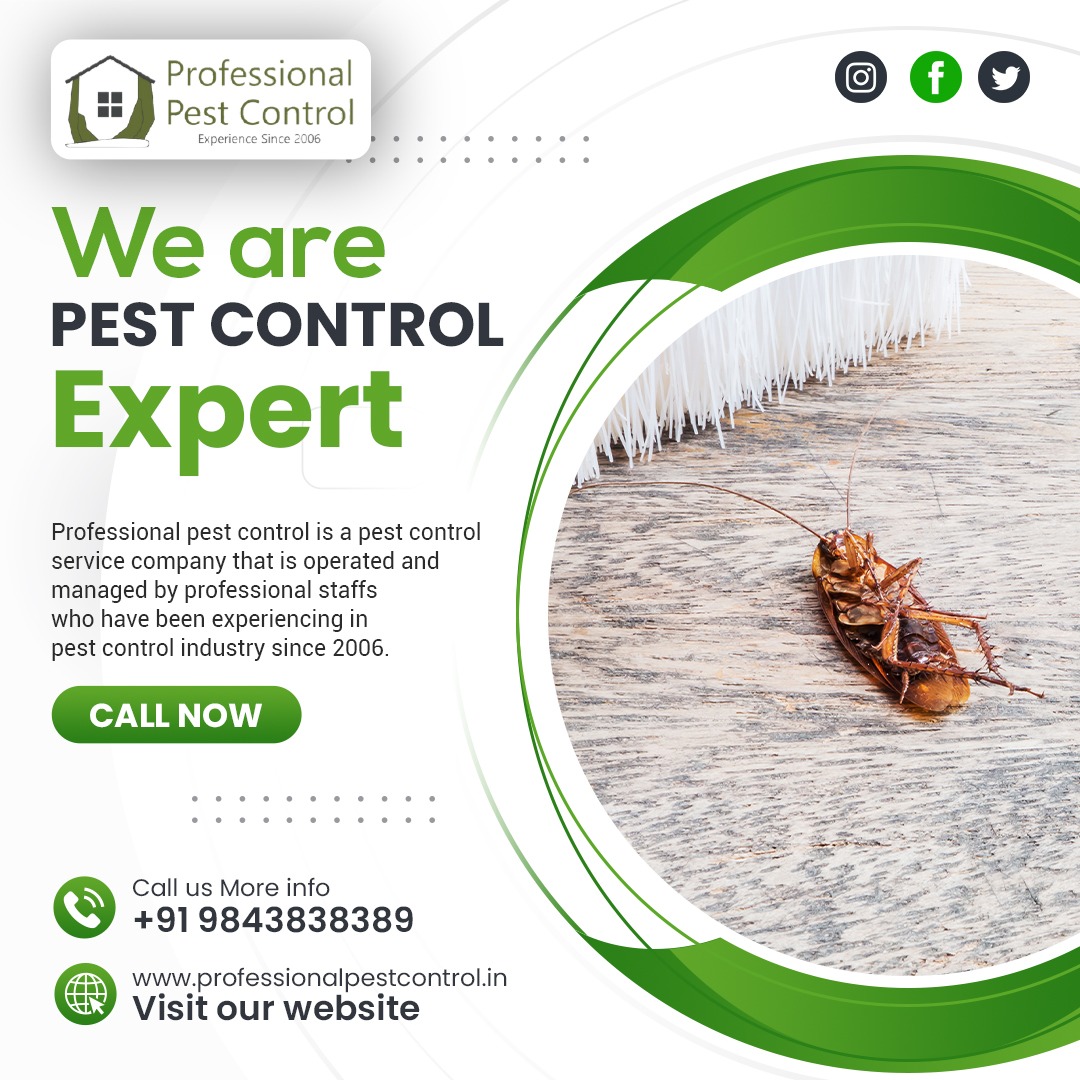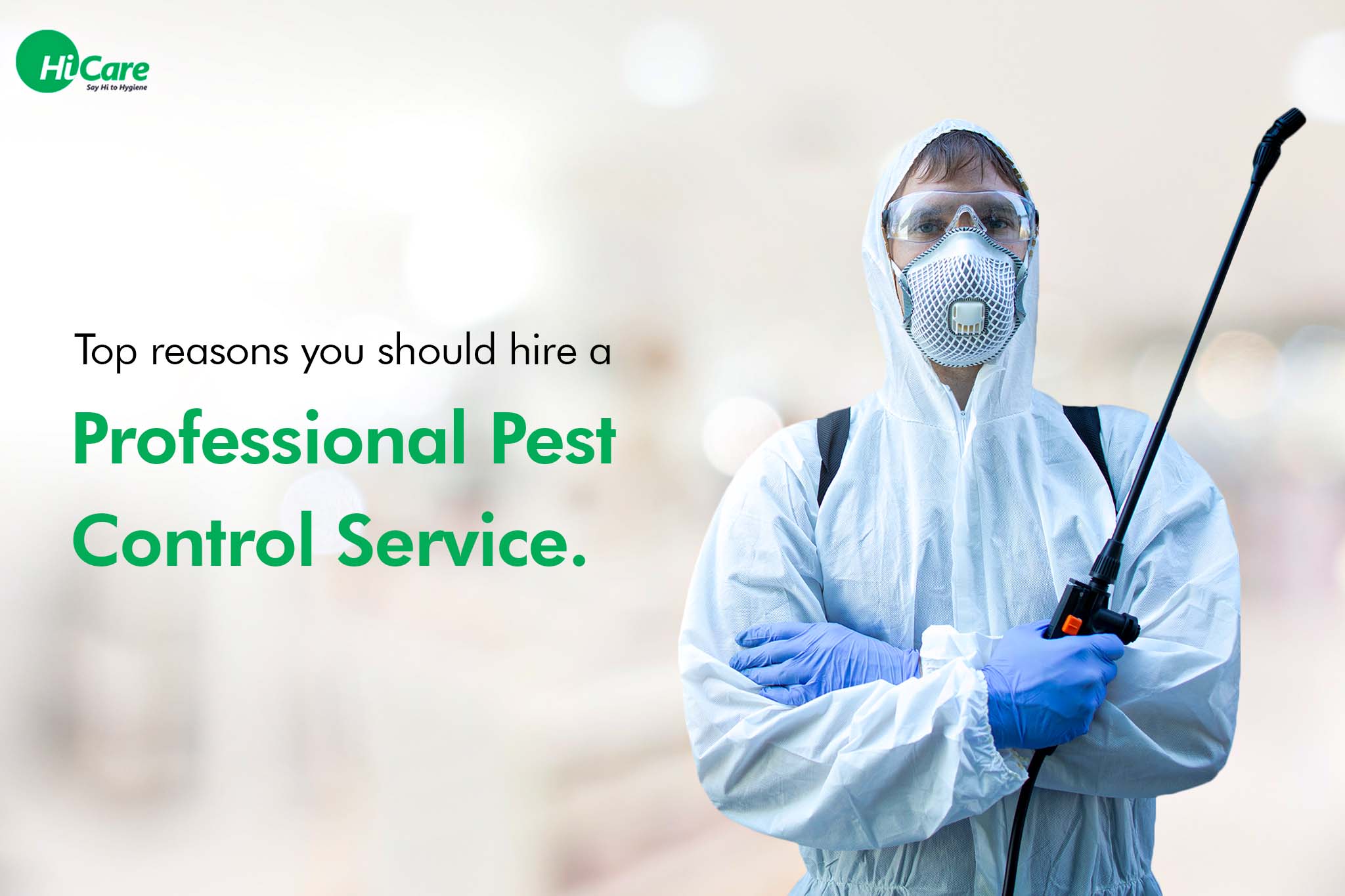Say Goodbye to Pests: Pest Control Clovis Professionals at Your Solution
Say Goodbye to Pests: Pest Control Clovis Professionals at Your Solution
Blog Article
Understanding the Numerous Strategies to Bug Control: A Comprehensive Guide

All-natural Bug Control Approaches
Employing green strategies such as companion growing and biological parasite control is necessary for efficiently managing parasites in agricultural setups. Companion growing entails growing various plants in proximity to prevent bugs, boost nutrient uptake, and enhance general plant health.
Biological pest control entails introducing all-natural predators or virus to control pest populations. Ladybugs, for example, feed upon aphids, managing their numbers without the demand for chemical pesticides. One more instance is using Bacillus thuringiensis (Bt), a microorganism that targets particular insect parasites while being safe to humans, pets, and useful pests.
These environment-friendly techniques not only lower the reliance on synthetic pesticides but likewise aid protect biodiversity and soil health and wellness. By including natural parasite control methods into farming techniques, farmers can achieve sustainable insect monitoring while lessening unfavorable effect on the setting.

Chemical Insect Control Solutions
In enhancement to natural bug control techniques, the use of chemical pest control options plays a significant role in effectively taking care of pest populaces in agricultural settings. Chemical pest control options are created to target specific insects that might trigger considerable damages to plants. These options commonly contain artificial chemicals that are made to get rid of bugs swiftly and effectively.
Among the essential benefits of chemical parasite control solutions is their efficiency in managing bug problems widespread. Farmers can apply these solutions making use of numerous methods such as splashing, airing out, or seed therapy to shield their crops from harmful insects, weeds, and illness. Furthermore, chemical parasite control services are fairly very easy to use and can provide quick outcomes, helping farmers protect their returns and minimize financial losses.
Nevertheless, it is necessary to utilize chemical parasite control remedies deliberately to lessen possible adverse influences on the environment, non-target organisms, and human health and wellness. Proper application techniques, adherence to safety and security guidelines, and regular tracking are crucial to guarantee the accountable use chemical pest control services in agricultural techniques.
Biological Insect Control Approaches
Biological parasite control comes close to leverage natural predators or pathogens to take care of bug populaces in agricultural settings properly. This method supplies a sustainable and environmentally friendly solution to pest monitoring, minimizing the dependence on that site synthetic chemicals and minimizing injury to the environment. One typical biological control method is the introduction of natural enemies, such as ladybugs or parasitical wasps, to target specific insects. These killers eat the insects, helping to regulate their populations normally - pest control clovis.
One more biological control approach includes utilizing microorganisms like germs, fungis, or infections to infect and eliminate insects. These microbial representatives can be sprayed on plants or presented right into the soil to combat various bugs without harming valuable bugs or various other wild animals. Additionally, the usage of scents to interrupt the breeding patterns of parasites is one more reliable organic control technique. By hindering their recreation, this approach helps to minimize insect populaces without the demand for chemical treatment. On the whole, biological bug control strategies use a lasting and targeted solution to pest management in farming.
Integrated Parasite Management (IPM)
Integrated Pest Administration (IPM) is a thorough strategy that incorporates various parasite control strategies to successfully handle and reduce pest populations in farming systems. IPM concentrates on long-term prevention of pests through a mix of biological, cultural, physical, and chemical control methods. By incorporating these different approaches, IPM aims to decrease reliance on chemical pesticides, minimize ecological effect, and advertise sustainable parasite monitoring methods.
One secret element of IPM is the usage of biological controls such as natural killers, parasites, and pathogens to regulate parasite populations. This method utilizes the power of nature to preserve an equilibrium in between insects and their natural opponents without creating harm to the environment.
Additionally, IPM involves social methods like plant habitat, cleanliness, and turning control to develop undesirable conditions for insects and disrupt their life cycles. Physical controls such as traps, mulches, and obstacles are likewise utilized to avoid bug infestations.
Mechanical and Physical Pest Control Methods
Utilizing non-chemical methods, such as physical and mechanical parasite control strategies, is a crucial aspect of comprehensive bug monitoring methods, building on the structure of Integrated Parasite Administration's alternative technique. Mechanical insect control includes using physical obstacles or traps to stop pests from accessing and damaging plants or structures. This technique can consist of strategies like setting up screens on windows, making use of row covers in agriculture, or utilizing sticky catches to catch bugs.
Physical parasite control techniques, on the other hand, concentrate on straight eliminating why not try this out insects through physical methods. Utilizing warm treatments to eliminate bed pests or vacuuming up insects like ants or spiders can be reliable ways to take care of invasions without the use of chemicals. By including these mechanical and physical pest control methods right into an Integrated Pest Management strategy, individuals and professionals can lower reliance on chemicals while still successfully minimizing and handling pest populations damage.
Conclusion

In enhancement to all-natural bug control techniques, the application of chemical insect control services plays a substantial duty in effectively taking care of pest populaces in agricultural settings.One of the vital advantages of chemical insect control remedies is their performance in regulating insect problems on a big scale.Integrated Pest Management (IPM) is a comprehensive approach that incorporates various pest control techniques to efficiently take care of and reduce pest populaces in agricultural systems.Utilizing non-chemical techniques, such as mechanical and physical parasite control techniques, is a crucial facet of thorough parasite management methods, building upon the foundation of Integrated Parasite Management's all natural method. By including these mechanical and physical parasite control strategies into an Integrated Insect Administration plan, individuals and experts can minimize dependence on pesticides while still properly taking care of pest populations and minimizing damage.
Report this page